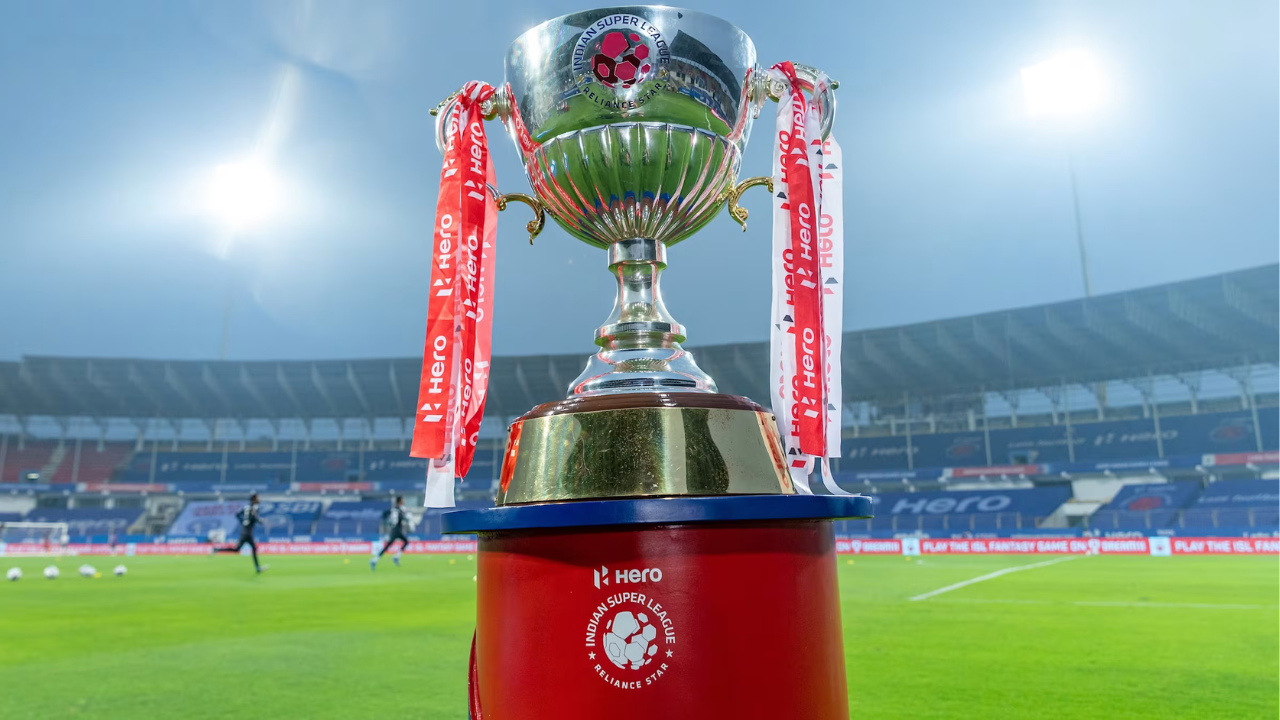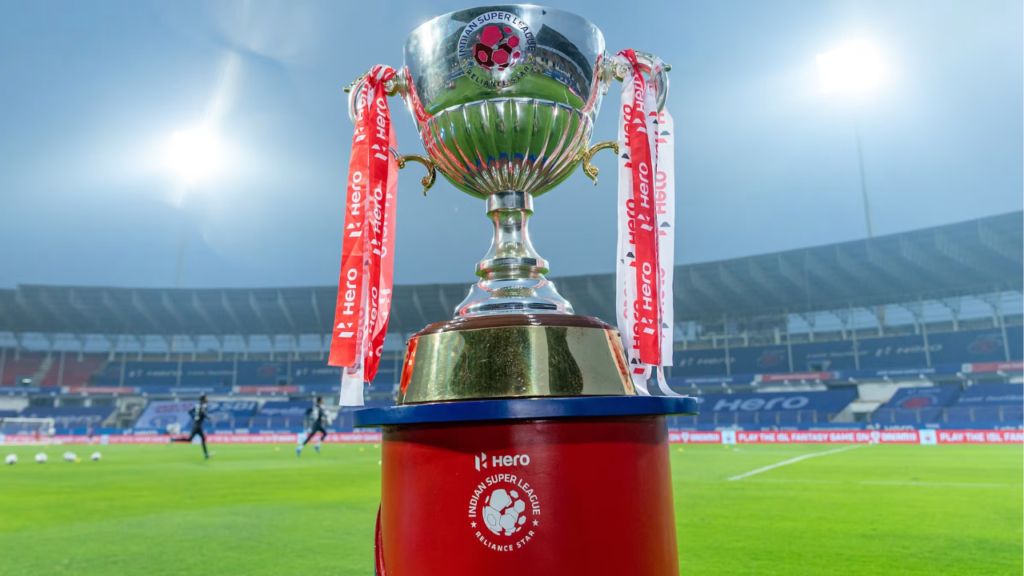
The All India Football Federation’s attempt to find a new commercial partner for the Indian Super League has ended unsuccessfully, as the tender process concluded without a single bid being submitted. The development marks a major setback for Indian football’s top-tier league and raises fresh concerns over the sport’s financial and structural stability in the country.
Despite weeks of discussions, revisions, and deadline extensions, none of the interested parties submitted a final proposal before the extended November 5 deadline. The Request for Proposal, floated on October 16, sought a partner to handle ISL’s commercial rights, including broadcasting, sponsorship, digital, and merchandising operations.
The AIFF, with support from global consultancy firm KPMG, had organised a pre-bid meeting on October 25 under the supervision of former Supreme Court judge Justice (Retd.) L. Nageswara Rao to ensure transparency. Four potential bidders — Football Sports Development Limited (FSDL), FanCode (Dream Sports), Conscient Heritage Group, and a foreign consortium participated in the discussion. However, despite showing preliminary interest, none of them proceeded with a formal bid. One company was disqualified due to a conflict of interest, while others cited concerns over the tender’s financial model and lack of clarity on structural obligations.
Sources indicate that the financial conditions outlined in the RFP deterred potential investors. The AIFF had set a base requirement of Rs 37.5 crore per year or 5% of the gross revenue, whichever was higher, for a 15-year agreement. Industry experts believe this figure was unrealistic given the current commercial climate surrounding Indian football.
The failed tender process now leaves the AIFF in a difficult position. The federation had hoped the new agreement would bring financial stability and help strengthen its developmental and operational programs. Instead, the lack of bidders has cast uncertainty over funding for grassroots initiatives, national team activities, and the upcoming league season.
The timing of this development adds to Indian football’s growing list of challenges. The national team’s early exit from the AFC Asian Cup qualifiers, the pending I-League and Indian Women’s League schedules, and continued dependence on a few private stakeholders underline the fragile state of the ecosystem.
With no commercial partner in place, the AIFF is expected to revisit its tender structure and financial expectations in the coming weeks. For now, however, the future of the ISL remains clouded in uncertainty.
Also Read: Dispute Over Early Release Keeps Mohun Bagan Players Out of National Squad




